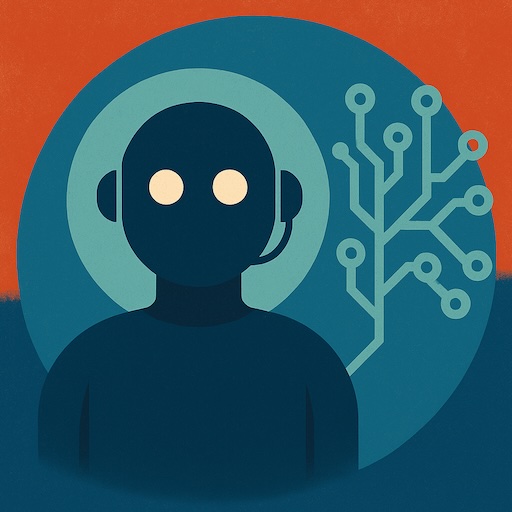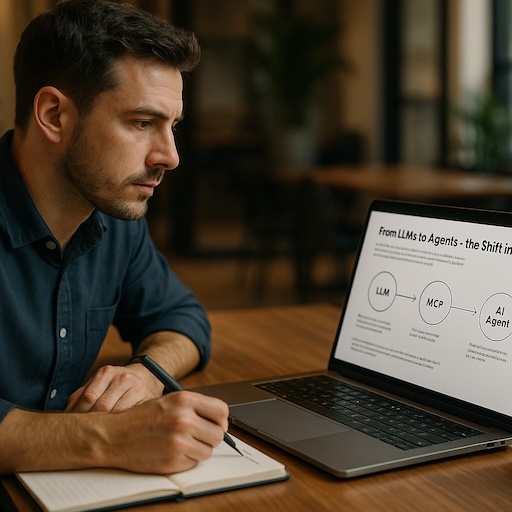Overcoming a Perfectionist Mindset
Line Up to Get Started
I've been trying something new at work, and I think it's helping me get past my "perfectionist" mindset - which has always been limiting.
It's limiting because if I'm always doubting that I'm good enough to start something I'll never begin it. If I'm continually researching all the answers to make sure I know enough before I get started I'm always going to be waiting.
We'll never have all the answers to write the perfect plan. I can't avoid making at least some mistakes. There's never a "best time" to begin so might as well get on with it.
This is especially true with technology. It's always worked out more optimally for me when I explore new tech as it's first appearing on scene. Even if I stumble through a few "getting started" tutorials.
Starting early affords me the time to understand it at my own pace.
Waiting too long makes me rushed to catch up when the future inevitably forces me into understanding a subject too quickly.
Finishing is Better than Starting
Perfectionism also hits me while working on a project because I know finishing is better than starting. Ideas are plentiful, but execution is everything. Once I'm started, how do I know when my project is finished?
Will I know when a project is perfect and ready to ship? I'm not sure if I ever will, and I no longer have anxiety about it. I've become okay being uncomfortable with the ambiguity of not entirely understanding.
A good test I've discovered related to completion is realizing it's our job to deliver something valuable to our customers. Carefully watching people use our digital products is how we know when we're done.
Aiming for perfect is admirable, but it can get in the way of delivering something that's good enough. Maybe you'll notice brilliant people care more about results than validation.
Judgements Rarely Improve
I used to show people my work and asked them, "What do you think?" In retrospect that was an inefficient conversation starter. How can they know it's perfect?
Honestly, it puts them in the uncomfortable position. They're forced into judging me through my work. Placing someone in a position above me, with permission to decide, is isolating and overly optimistic. Most people have an incomplete point-of-view based on their own assumptions and beliefs provided by their culture and education.
How can they say work is "good" or "bad"?
Another way to defeat perfectionism is separating oneself from their work. Not an easy task for creative brain workers. If you can ask someone to help you improve your work that becomes more collaborative and about the outcomes.
Find a trustworthy teammate and pair up to improve.
If you can abstract your worth as a person away from your work you might consider that your solutions are actually owned by your customer. Ideally you started product design by watching and listening to them to discover their needs, hopes, and fears. Your work isn't about you - it's about helping people by solving their problems.
Then you'll see the hard work of attending critiques and accepting notes is more easily done in the service of others.
Lead People to Help You Better
Consider asking for feedback on your work like a study. Asking focused questions helps guide people into productive critiques.
Gain actionable suggestions by asking questions such as:
- "Does this make sense?"
- "Have we solved the customer's most important problems?"
- "How can we make this better?"
It diverts people away from being overly judgy, and turns them on to becoming more collaborative. People seem to enjoy being helpful. Give this a try and see if you gain valuable improvements.
Post-Perfection Attitude
Perfectionism is triggered by something deeply wired into us as humans by conscientiousness.
Being self-disciplined, well organized, and goal-oriented are crucial traits for creative workers. Balance that against the natural response of fearing the unknown instead of enjoying its rewards.
Don't embrace perfectionism as a way of avoiding feeling painful effects cause by failure. Learn, explore, build, and make mistakes. Become more awesome, every day, at something you know you want to improve!




